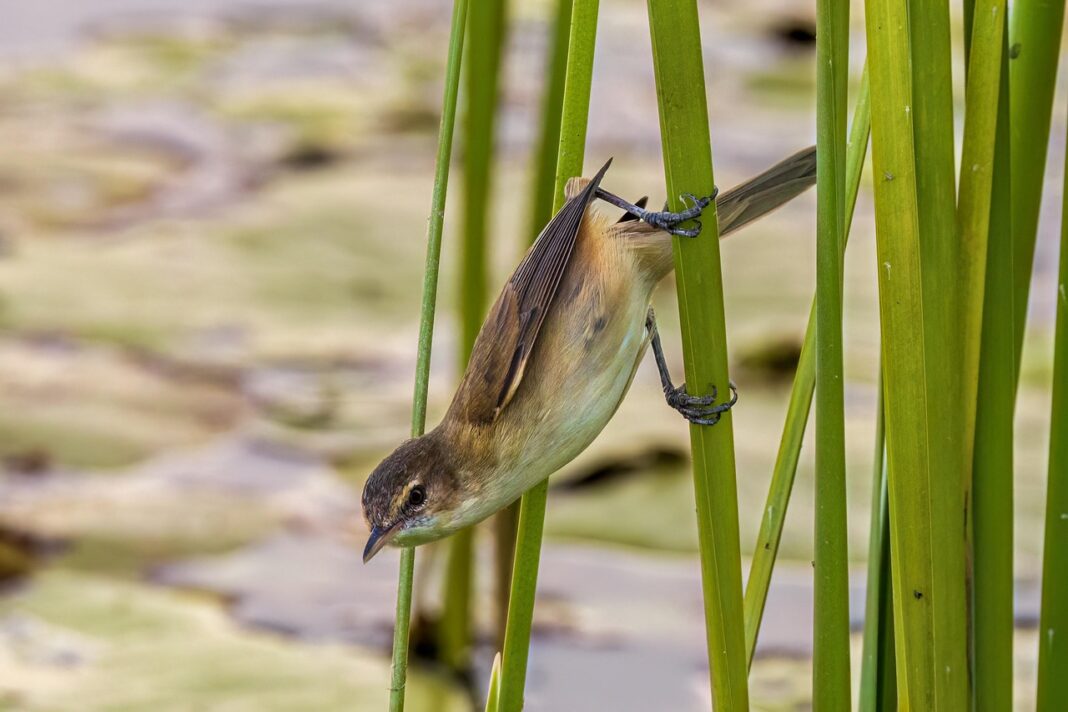Imagine diving into a vibrant coral reef, teeming with life – a kaleidoscope of colors, shapes, and sounds. This isn’t just a pretty picture; it’s a vital ecosystem that sustains life on Earth. But our oceans are under threat, facing unprecedented challenges that demand immediate action. Let’s explore the crucial topic of ocean conservation and discover how we can all play a part in protecting these invaluable resources.
The Importance of Ocean Conservation
The ocean is more than just a vast body of water; it’s the lifeblood of our planet. Its health directly impacts our climate, economy, and overall well-being. Understanding the critical role it plays is the first step towards effective ocean conservation.
Climate Regulation
- The ocean absorbs a significant amount of carbon dioxide from the atmosphere, mitigating the effects of climate change.
- Ocean currents distribute heat around the globe, regulating temperatures and weather patterns.
- Phytoplankton, microscopic marine plants, produce a large portion of the world’s oxygen through photosynthesis.
Example: The Amazon rainforest is often cited as a crucial oxygen producer, but phytoplankton contribute an equally significant amount.
Economic Significance
- The ocean supports various industries, including fishing, tourism, shipping, and energy production.
- Millions of people worldwide rely on the ocean for their livelihoods and food security.
- Marine resources contribute trillions of dollars to the global economy each year.
Example: Sustainable fisheries management can ensure long-term economic benefits by preventing overfishing and maintaining healthy fish stocks.
Biodiversity Hotspot
- The ocean is home to an incredible diversity of life, from microscopic organisms to massive whales.
- Coral reefs, kelp forests, and deep-sea ecosystems are biodiversity hotspots, supporting a vast array of species.
- Protecting marine biodiversity is essential for maintaining ecosystem health and resilience.
Example: Marine Protected Areas (MPAs) help safeguard vulnerable habitats and species, allowing them to thrive and recover.
Major Threats to Ocean Health
Despite its importance, the ocean faces numerous threats, many of which are caused by human activities. Addressing these challenges is crucial for ensuring the long-term health of our oceans.
Plastic Pollution
- Millions of tons of plastic enter the ocean each year, polluting marine environments and harming wildlife.
- Plastic debris can entangle marine animals, be ingested by them, and disrupt ecosystems.
- Microplastics, tiny plastic particles, are particularly pervasive and can accumulate in the food chain.
Example: Implementing policies to reduce single-use plastics, such as plastic bag bans and bottle deposit schemes, can significantly decrease plastic pollution.
Overfishing
- Unsustainable fishing practices deplete fish stocks and disrupt marine ecosystems.
- Bottom trawling, a destructive fishing method, damages seabed habitats and harms non-target species.
- Illegal, unreported, and unregulated (IUU) fishing further exacerbates the problem.
Example: Promoting sustainable seafood choices and supporting fisheries that adhere to responsible fishing practices can help reduce the impact of overfishing. Look for certifications like the Marine Stewardship Council (MSC).
Climate Change
- Rising ocean temperatures cause coral bleaching, impacting coral reef ecosystems.
- Ocean acidification, caused by increased absorption of carbon dioxide, threatens marine organisms with shells and skeletons.
- Sea-level rise inundates coastal habitats and increases the risk of erosion and flooding.
Example: Reducing greenhouse gas emissions through renewable energy adoption and energy efficiency measures is crucial for mitigating the impacts of climate change on the ocean.
Pollution from Land-Based Sources
- Agricultural runoff, industrial discharge, and sewage pollution introduce harmful chemicals and nutrients into the ocean.
- These pollutants can cause algal blooms, dead zones, and other environmental problems.
- Effective wastewater treatment and responsible agricultural practices are essential for reducing land-based pollution.
Example: Implementing stricter regulations on industrial discharge and promoting sustainable farming practices can help minimize pollution from land-based sources.
Practical Steps for Ocean Conservation
Ocean conservation requires a multi-faceted approach involving individuals, communities, governments, and organizations. Here are some practical steps we can all take to make a difference:
Reduce Your Plastic Footprint
- Avoid single-use plastics such as straws, bags, and bottles.
- Choose products with minimal packaging or opt for reusable alternatives.
- Properly dispose of plastic waste and participate in recycling programs.
Actionable Takeaway: Carry a reusable water bottle, shopping bag, and coffee cup to reduce your reliance on single-use plastics.
Support Sustainable Seafood
- Choose seafood from sustainable sources that are responsibly managed.
- Avoid consuming endangered or overfished species.
- Look for eco-labels such as the Marine Stewardship Council (MSC) certification.
Actionable Takeaway: Use resources like Seafood Watch to guide your seafood choices and support sustainable fisheries.
Reduce Your Carbon Footprint
- Conserve energy by using energy-efficient appliances, reducing your electricity consumption, and choosing renewable energy sources.
- Use public transportation, bike, or walk instead of driving whenever possible.
- Support policies that promote renewable energy and reduce greenhouse gas emissions.
Actionable Takeaway: Calculate your carbon footprint and identify areas where you can reduce your impact.
Participate in Coastal Cleanups
- Volunteer for beach and coastal cleanups to remove plastic and other debris.
- Organize your own cleanup events to engage your community.
- Properly dispose of collected waste and report findings to relevant organizations.
Actionable Takeaway: Search for local coastal cleanup events or organize one with friends and family.
Educate Yourself and Others
- Learn more about ocean conservation issues and share your knowledge with others.
- Support organizations working to protect the ocean.
- Advocate for policies that promote ocean health.
Actionable Takeaway: Follow ocean conservation organizations on social media and share their content to raise awareness.
Supporting Organizations Dedicated to Ocean Conservation
Numerous organizations are dedicated to protecting our oceans and marine life. Supporting these groups can amplify your impact and contribute to meaningful change.
The Ocean Conservancy
- Focuses on science-based solutions to protect the ocean from today’s greatest global challenges.
- Runs the International Coastal Cleanup, the world’s largest volunteer effort for ocean health.
- Advocates for policies that protect marine ecosystems and reduce pollution.
Oceana
- Is the largest international advocacy organization dedicated solely to ocean conservation.
- Works to protect and restore the world’s oceans through science-based policies and campaigns.
- Focuses on ending overfishing, reducing plastic pollution, and protecting marine habitats.
World Wildlife Fund (WWF)
- Works to conserve marine species and habitats around the world.
- Promotes sustainable fisheries and aquaculture practices.
- Addresses threats such as climate change, pollution, and habitat destruction.
The Nature Conservancy
- Works to protect ecologically important lands and waters for nature and people.
- Focuses on conserving coral reefs, restoring coastal habitats, and promoting sustainable fisheries.
- Uses science and partnerships to achieve conservation goals.
Conclusion
The health of our oceans is inextricably linked to the well-being of our planet. By understanding the importance of ocean conservation, recognizing the threats it faces, and taking practical steps to protect it, we can all contribute to a healthier, more sustainable future. Let’s work together to safeguard our oceans for generations to come.



